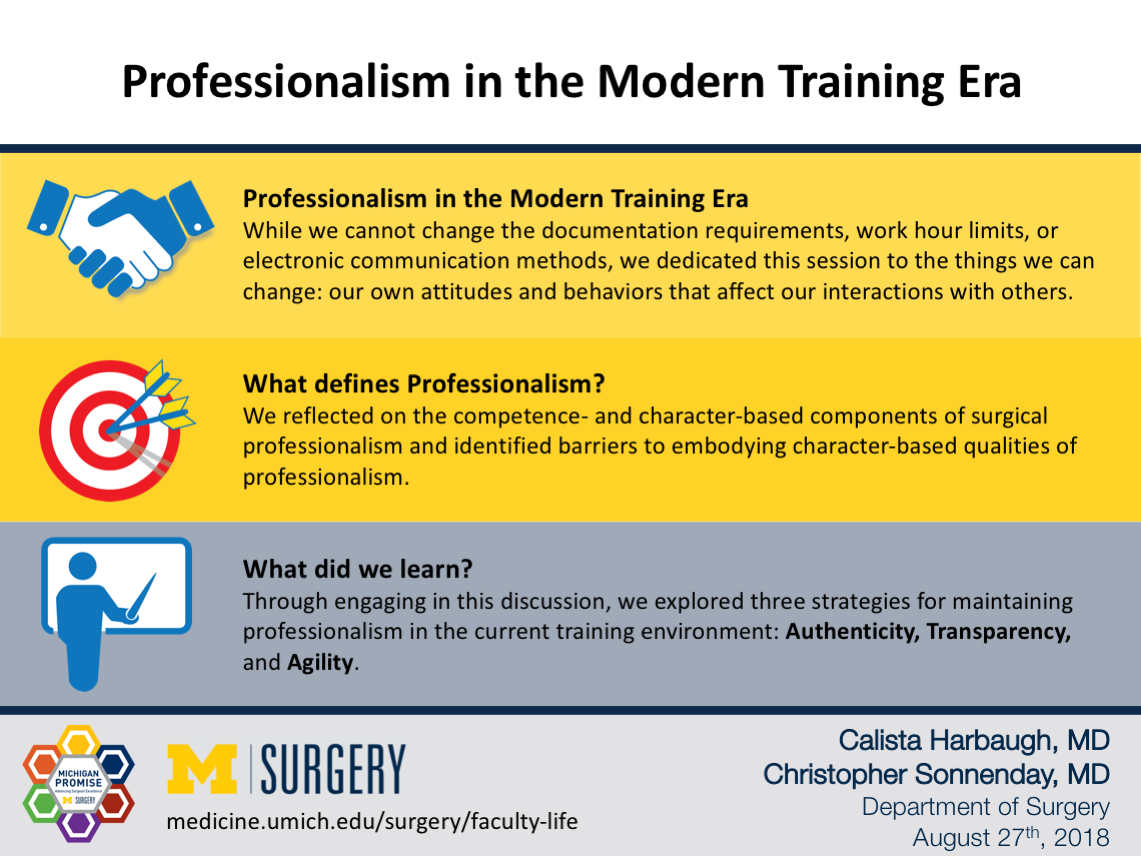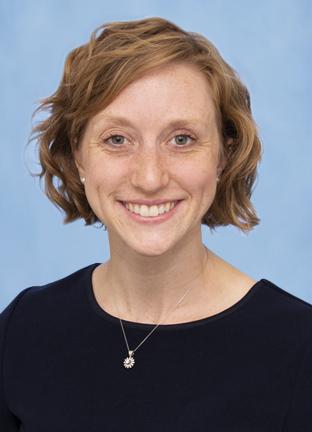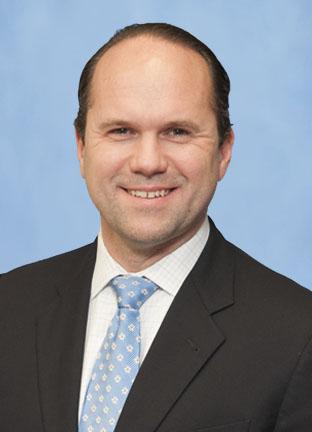
The demands of surgical training have changed. Although work hour restrictions have decreased the time spent in the hospital, there is a need to learn an ever-expanding breadth of technology. Teams are multidisciplinary and inpatient care has become increasingly complex. Our program and others have moved toward simulated experiences and educational curricula to teach us how to care for patients. Ironically, these added requirements may compete with time spent in direct patient care. At the same time, communication has become increasingly electronic in a manner that may depersonalize interdisciplinary collaboration.
Despite all of these changes in surgical training, we largely have not addressed how to teach residents professionalism and leadership. While the current training paradigm promotes elite performance, it may threaten the humanistic qualities that define our profession. Moral injury mounts over time as patients are reduced to check boxes on printed lists. The consequences of moral injury are severe, manifest in hurried patient care, mistreatment of care team members, and rising rates of burnout and physician suicide.
We began a Resident Development Program in our department because we have a mission to elevate surgical residency to a new standard, where residents achieve technical and clinical excellence and maintain the compassion, respect, and trust that embody the surgical profession. We dedicated our first Program session to Professionalism. While we cannot change the documentation requirements, work hour limits, or electronic communication methods, we dedicated this session to the things we can change: our own attitudes and behaviors that affect our interactions with others.
Resident Development Program sessions are structured to:
- Teach residents important concepts for self-development
- Identify strategies to translate concepts into every day practice
- Build awareness of self and others to continually self-evaluate performance
We selected trusted faculty mentors to moderate these sessions according to this structure.
What defines Professionalism?
The concept of professionalism was discussed in a combined didactic and discussion format. We reflected on the competence- and character-based components of surgical professionalism and identified barriers to embodying character-based qualities of professionalism. For example, leadership in academic surgery has often focused on traditional hierarchy with a “boardroom” style of decision-making. Titles and papers are valued more than experiences and impact, and image is valued more than authenticity. This promotes a performance orientation rather than a learning orientation, where failure is destructive rather than an opportunity for growth.
We engaged residents through interactive case-based discussions in which experts presented situations with threats to professionalism, and residents navigated through the cases in groups. For this session, we asked a trusted Emergency Medicine faculty member and a Surgical Intensive Care Unit nurse to share cases where they had witnessed threats to professionalism. These colleagues provided humbling insight into how our actions and words may be viewed by our colleagues and team members.
What did we learn?
Through engaging in this discussion, we explored three strategies for maintaining professionalism in the current training environment.
- Authenticity: As residents, we entered the field of surgery for a number of reasons, but at the core of each was a desire to care for patients using our unique strengths and talents. These strengths were not our test scores nor the number of papers published; they were strengths like problem solving, crisis management, and compassion during difficult situations. We can embody surgical professionalism by being true to our strengths, identifying our purpose, and finding value in our present work.
- Transparency: In an environment of elite performance, it is difficult to be vulnerable. Our defense to protect our image is to hide our shortcomings, but doing so undermines the culture of the organization. Vulnerability breeds trust, the central quality underlying surgical professionalism. How do we translate this into practice? We can acknowledge our shortcomings and failures, and be honest about our uncertainty. Admitting failure does not detract from our reliability, instead it enables rescue.
- Agility: We work in a high stress field with frequent unpredictability. Rigidity of thought and dogma can produce instinctive responses to challenges that can undermine our performance and harm our relationships with other team members. Importantly, we can choose how to respond to each stimulus. Developing emotional agility prevents us from becoming “hooked” by dogma and assumption, and promotes the engagement of the team in a common mission.
The current training environment is struggling to adapt to the changing demands both internal and external to surgical training. What it means to be a professional in the field of surgery has not changed. There will always be constant threats to professionalism. Through learning, practice, and discussion, we hope to redefine surgical training to focus on excellence in every aspect, including in how we care for our patients, our colleagues, and ourselves.
Article by Calista Harbaugh, MD (Twitter: @harbauc) and Christopher Sonnenday, MD (Twitter: @HPB_Txp_Surg)

Calista Harbaugh, MD, MS

Christopher J. Sonnenday, MD, MHS
Contact Us
Reach out to join the conversation or to learn more about how to implement the Michigan Promise. Connect with the Department of Surgery or our faculty on Twitter to share your ideas or get in touch with the Office of Faculty & Resident Life to schedule a Michigan Promise presentation at your institution. You can also fill out our Michigan Promise Inquiry Form with any questions or comments.
Department of Surgery
2210F Taubman Center
1500 E. Medical Center Dr.
Ann Arbor, MI 48109
Phone: 734-232-5528
Email: [email protected]
Twitter: @UMichSurgery
Hashtag: #MichiganPromise

